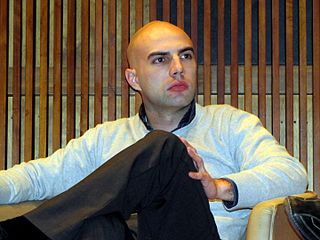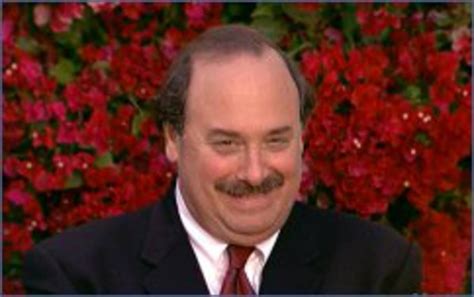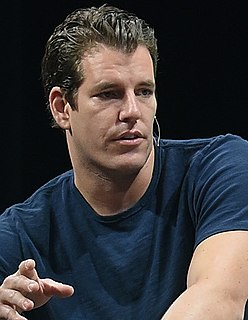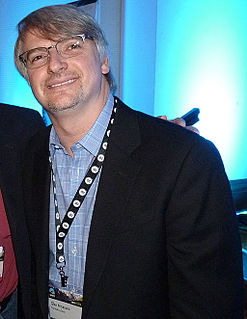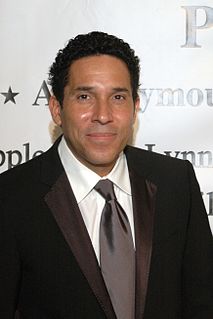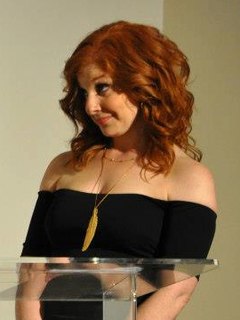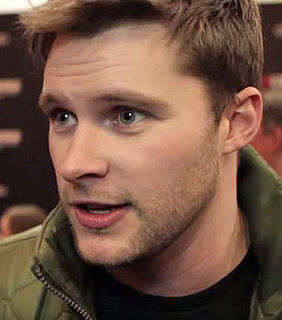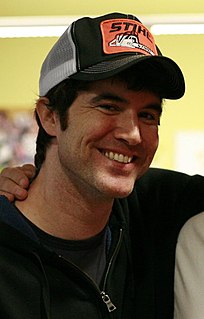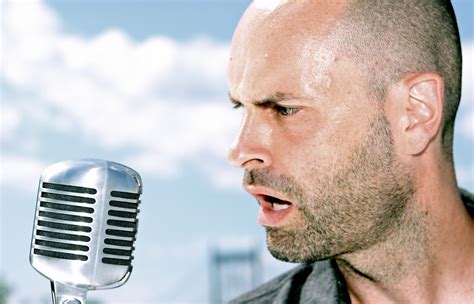A Quote by Adam Ostrow
Blip.tv is growing its audience by forming partnerships with traditional TV manufacturers and a new breed of company in the set-top box market that lets consumers connect to the Internet via their televisions.
Related Quotes
Films for TV have to be much closer to the book, mainly because the objective with a TV movie that translates literature is to get the audience, after seeing this version, to pick up the book and read it themselves. My attitude is that TV can never really be any form of art, because it serves audience expectations.
What podcasts can do in order to liven up the talk show area of TV is bring new personalities and unique worldviews into the fray in a way that's not going to be filtered through the whole Q-rating thing. I think there's a whole new layer of doing things that TV is behind the Internet in figuring out.
